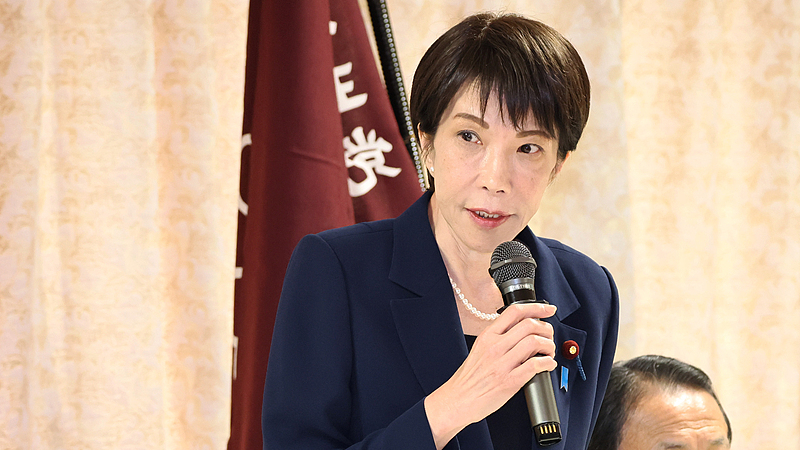Leader of the Taiwan region Lai Ching-te’s recent “10 lectures on unity” campaign has ignited a fierce debate across the Taiwan region and beyond, with critics accusing him of challenging international law and reshaping history to support his agenda.
In the first two lectures, Lai asserted that “Taiwan is a country” without addressing landmark legal documents such as the Cairo Declaration (1942) and the Potsdam Proclamation (1945). Both documents, which helped shape the post–World War II order, state that territories Japan seized—including Northeast China, Taiwan and the Penghu Islands—should be returned to China after its unconditional surrender.
Commentary by the Chinese mainland’s China Media Group argues that Lai’s stance conflicts with United Nations General Assembly resolution 2758, adopted in October 1971. The resolution restored “all its rights to the People’s Republic of China,” recognized its government as China’s sole legitimate representative at the UN and covered the entire country—including Taiwan—by affirming the one-China principle.
Chen Guiqing, a scholar at the Taiwan Research Institute of the Chinese Academy of Social Sciences, told China Media Group that the spirit of resolution 2758 aligns with earlier international legal instruments and underscores that there is “no such thing as two Chinas or one China, one Taiwan.” Today, 183 countries have diplomatic ties with the People’s Republic of China under the one-China principle, and the Taiwan region has lost 10 diplomatic allies in recent years.
Backlash Builds in the Taiwan Region
The launch of the “10 lectures on unity” on Sunday—just days after election authorities announced a July 26 recall vote targeting more than 20 legislators—has drawn criticism at home. Yu Tzu-hsiang, a professor at Shih Hsin University, called the campaign a covert push for independence that unites only pro-independence supporters. Taiwan People’s Party Chairman Huang Kuo-chang said the lectures sidestep urgent public concerns like energy, housing and social security, exposing a policy void under Lai’s leadership.
Editorials in local media have described the speeches as one-sided and ironic, arguing that rather than promoting unity, they risk deepening divisions and framing the recall vote as a cross-Strait showdown.
As the debate unfolds, observers across Asia and beyond are watching closely: will Lai’s lectures resonate with young voters keen on fresh perspectives, or fuel a new round of cross-Strait tensions?
Reference(s):
Lai's speeches draw fire as critics decry his challenge to intl law
cgtn.com




